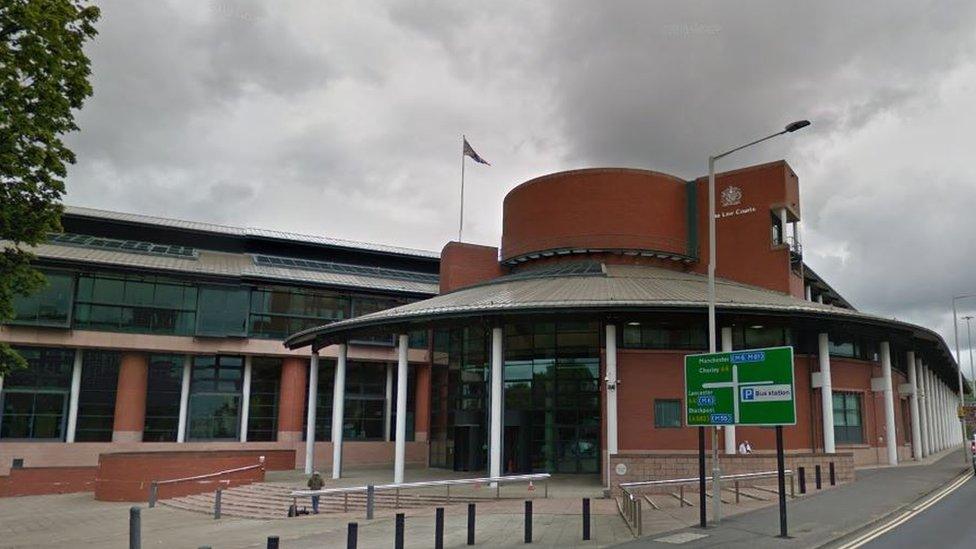How do you treat very young sexual offenders?
- Published
A 13-year-old boy has been sentenced to four years in custody for the rape of a nine-year-old boy and sexual assault of two others when he was 11. How does the system deal with such young sexual offenders and their victims?
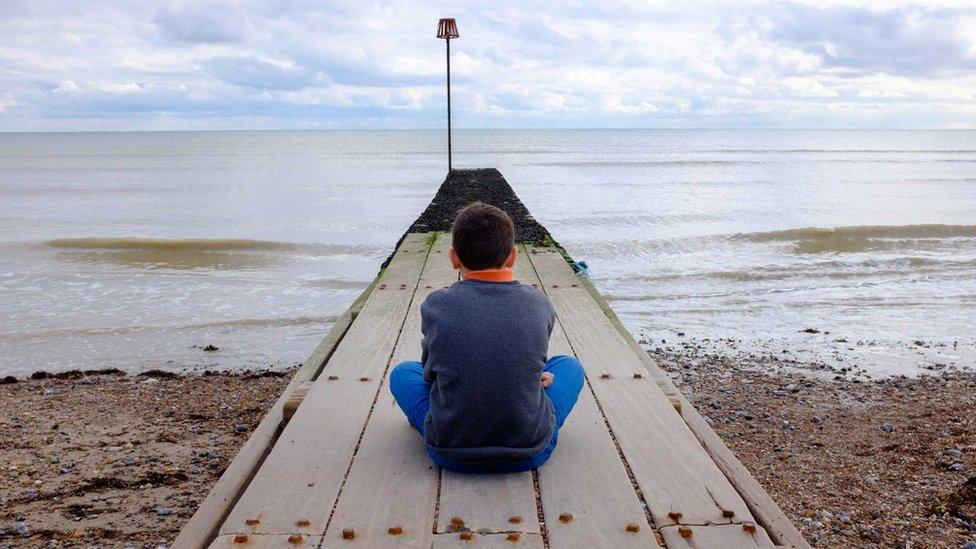
Picture posed by model
Put yourself in the position of a child counsellor who has been assigned the task of meeting a young person who has been convicted of committing sexual abuse crimes so grave they are being held in a secure unit.
Is this young person a monster with nothing to redeem them? Or a vulnerable child with their own problems to be fixed?
That is the kind of scenario that Professor Simon Hackett has often found himself in. He is an expert in child protection and acts as chairman for the National Organisation for the Treatment of Abusers (Nota).
He says of the children convicted of sex crimes: "We sometimes have this image of them as demons, paedophiles. We have to deal with those things that they have done and protect others.
"But, by and large, these are vulnerable and abused children.
"I always used to feel a sense of anxiety on sitting down in a room with the child or young person.
"But, when I met them, I was often struck by how normal they seemed. They need our help for the horrific things they have done, but we shouldn't forget that they are, first and foremost, children."
The kind of issues Prof Hackett has faced are highlighted by the case of a Blackpool boy sentenced in Preston on Friday.
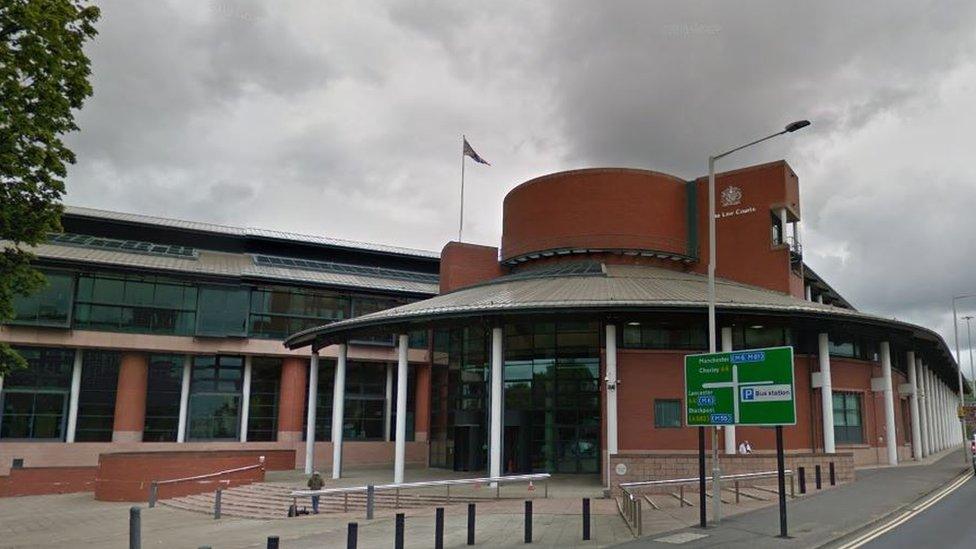
The boy, from Blackpool, was sentenced to four years at Preston Crown Court
The boy admitted multiple rapes of a nine-year-old boy and sexual touching of two boys aged seven and 11.
The age of the perpetrator and his victims is strikingly young. But there are only a few such convictions for rape or sexual assault each year in the UK:
In England and Wales, the number of sexual offences for which children aged 10 and 11 are convicted typically ranges between three and 12 each year (based on crime figures between 2005 and 2014)
The figures are higher for 12-14-years olds, with as many as 166 offences recorded in the peak year over that same decade
The number is a small proportion of the sexual offence convictions in England and Wales - figures show 6,647 convictions in 2015 and 6,233 in 2014
In Scotland, over the same decade, 14 to 17-year-olds were convicted of between six and 24 sexual assaults, rapes and attempted rapes each year
In reality, however, these convictions are a tiny fraction of the actual number of incidents. Children's charity the NSPCC says about a third of sexual abuse is committed by minors.
In many instances children are not prosecuted - either because the case results in a caution, or the abuser is below the age of criminal responsibility (10 in England, Wales and Northern Ireland; 12 in Scotland).
"Only a small proportion are convicted," says Prof Hackett, "but a significant amount of child sexual abuse is perpetrated by children and this also includes those under the age of 10".
His research has found the average age of child sex abusers is dropping, perhaps partly because the teachers, social workers, police - the professionals working in child protection - are better at detecting it.
His 2013 study of 700 cases, external of children referred to professionals because of their sexually abusive behaviour found one third were aged 13 or under; more than 100 were 11 or under.
The youngest studied was four years old. Prof Hackett says: "Half of the group had themselves been sexually abused, more than half were physically abused or neglected.
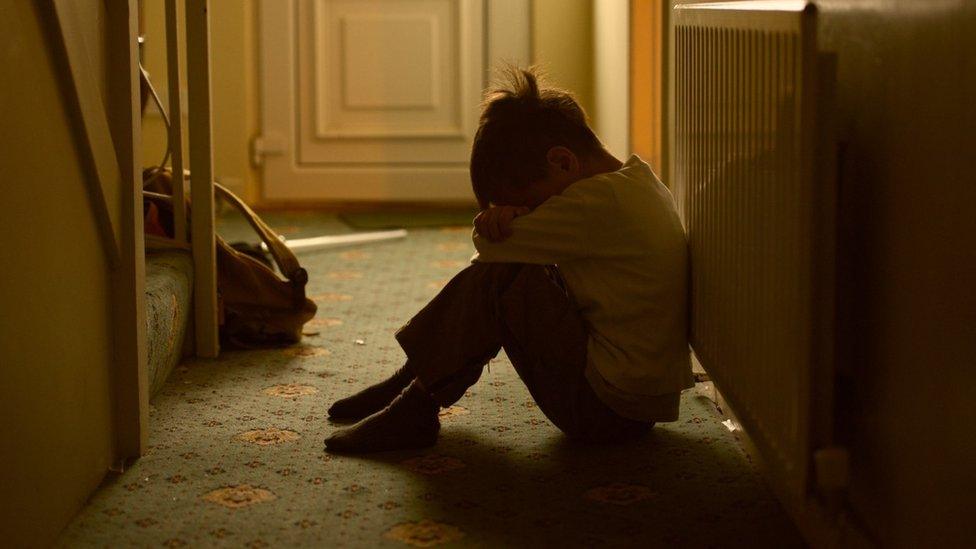
In the Blackpool case, the court heard the boy was a "high" risk for committing further offences. So, how does the criminal justice system proceed?
The NSPCC has developed a national framework, external to guide local areas as they work with children who display harmful sexual behaviour (HSM).
It runs Turn the Page, external, a service providing therapy for children, and family support.
Work takes place in stages.
A first step is to try to ensure the offender and the victim are safe - from reoffending or from the community. Adults working with the children set out a safety plan and monitor their behaviour.
They assess the offence - was it normal behaviour, or not? A single or multiple incident? Was there consent, or violence?
Via social workers and the justice system there may be help at home for low level offences. In the most serious cases, removal and custody to a foster placement or a secure unit.
Offenders have therapy, from a psychiatrist, psychologist or social worker, be that general help or specialist therapists working with highly deviant offenders.
Prof Hackett has sat down to counsel child offenders many times, often in secure units.
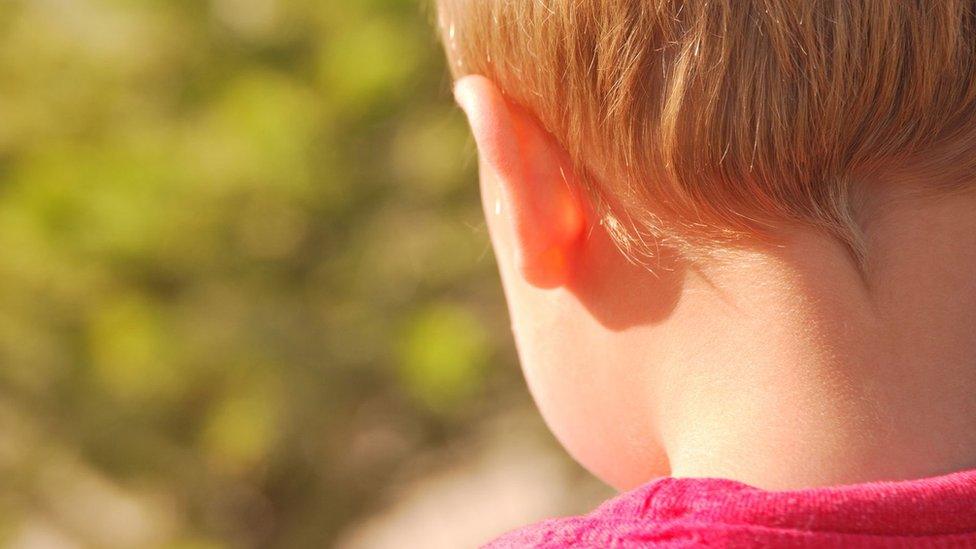
Counselling starts with building trust
He explains to them why their behaviour is harmful to other people, so they realise the impact. Abusers are taught to manage risks and triggers for their behaviour.
How long the therapy continues varies. There might be a court order, for a given period of time; short doses of three to six months; or treatment over several years.
Despite cases like the one in Blackpool, he says, there is "a hopeful message" for families whose children have a sexual behaviour problem.
In his study of 69 children followed up in adulthood "the vast majority were not offending sexually" a result borne out by other international studies.
Support and the passage of time means the majority grow up and out of the behaviour. It is a small proportion who go on to be prolific sex offenders.
- Published21 October 2016
